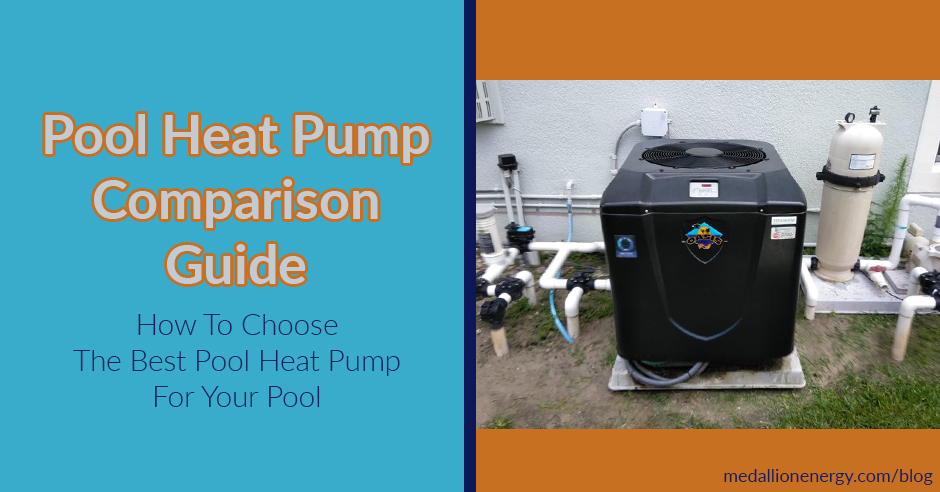If you’re looking for a reliable, and cost-effective way to heat your pool, then you’re on the right track. Pool heat pumps warm up your water at less than 1/3 of the cost of gas. And they work in nearly any weather, regardless of rain or clouds — even in temperatures as low as 40 degrees.
(Learn more about how pool heat pumps work here)
A few advantages of using a pool heat pump include:
- Low cost monthly heating (energy efficiency)
- Safer & easier to install: Doesn’t require a gas line
- Environmentally friendly with zero emissions (uses R410A eco-safe refrigerant)
- Works when it’s cloudy or raining
- Works in cold temperatures down to the 40s (low 30s with advanced heat pumps)
- Easier to repair & troubleshoot
If you’re reading this post, then you already know that pool heat pumps are a great choice for heating your pool. And with plenty of heat pump manufacturers, you have options. So now, all that’s left to do is pick one.
But, what if you don’t know how to compare pool heat pumps?
If you don’t know which features & specs to compare, then choosing the best heat pump for your swimming pool can be really confusing. Worst, you might make the wrong decision.
Fortunately, this post covers everything you need to know to avoid that. In this pool heat pump comparison guide, we go over each factor you should consider when choosing a heat pump. And at the end, we share a pool heat pump comparison chart to help you visualize everything.
Heat Pump Comparison Guide
How To Choose The Best Heat Pump For Your Pool
Size your pool heat pump correctly
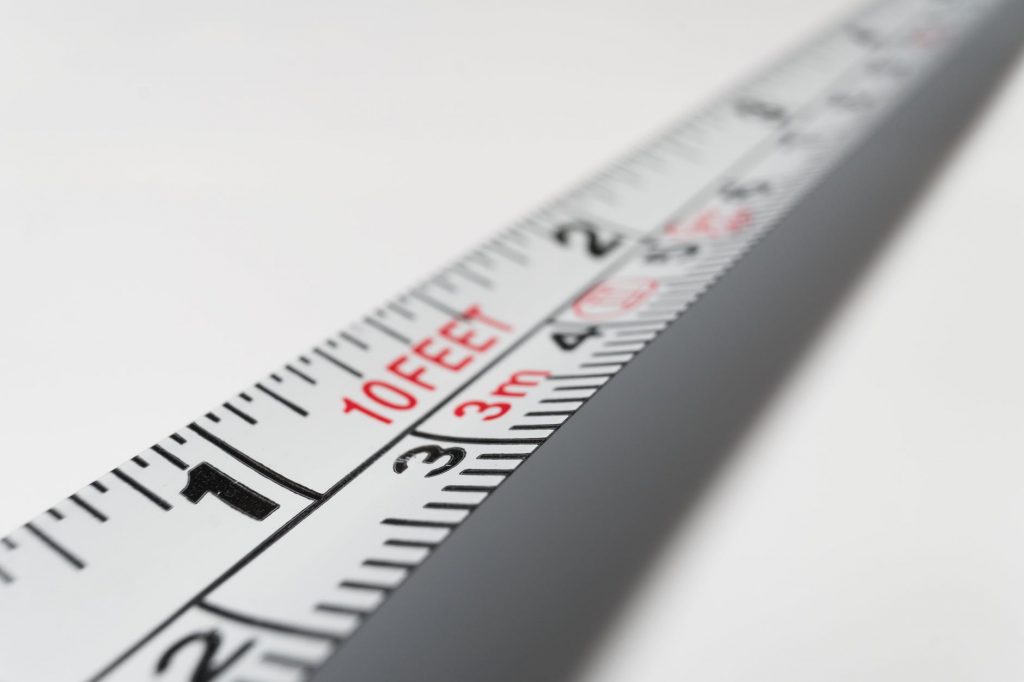


Knowing how to choose the right size heat pump is important for one BIG reason:
- An undersized pool heater wastes energy — it costs you more money to run & doesn’t keep your water warm
A pool heat pump’s “power” is measured in BTUs. The higher the BTU, the stronger the heat pump and the faster it heats.
So while a 60k BTU heat pump could work great for a small spa or above ground pool, it wouldn’t be enough for a 15 x 30 ft inground swimming pool.
But a heat pump around 120K BTU? That would certainly do the job for a large backyard pool.
Overall, pool heat pumps are a lot like air conditioners in the sense that the size you need is mostly determined by the size of the space you’re trying to heat/cool.
When sizing a pool heat pump, we recommend using a sizing calculator for the best results. It’ll ensure that you’re using the most effectively sized heat pump for you swimming pool — not too big, not too small.
Related: How To Size a Pool Heat Pump Correctly
Choose the “HEAT/COOL” option
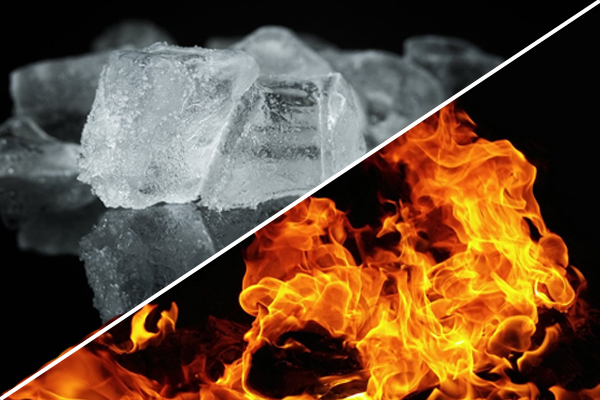


When you think of a pool heater, you think of warm water, right? Being able to swim comfortably even when it’s a little chilly outside.
But how about when your pool is too hot?
If your water is already too hot to swim in, then a pool heater that only heats won’t help. Because if you have no way of lowering the water temperature, then you won’t be able to swim comfortably (or at all if it’s too hot). And we all know just how scorching hot and humid those summer days can get.
That’s why choosing a pool heat pump with a Heat/Cool option is a game changer. It gives you WAY more control over the temperature of your swimming pool, which lets you enjoy a much longer swim season.
Because with that type of convenience, you can swim just as comfortably in the Summer as you would in the Fall. If the water is too cold, simply warm it up. And if it gets too hot, just cool it down.
With a HEAT/COOL compatible pool heat pump, you get to swim comfortably year round — whenever you want.
Check the heat pump’s COP (high COP, high efficiency)



COP, or coefficient of performance, is what indicates the energy efficiency of pool heat pumps. The scale ranges from 3.0 – 7.0, with 7.0 being the highest energy efficiency and 3.0 the lowest.
All licensed pool heat pump manufacturers are required to have their heaters tested under AHRI standards to confirm the validity of advertised COPs. The COP is calculated by performing controlled tests on the pool heater in different conditions and humidity levels.
So if a manufacturer advertises their heat pump as having a COP of 6.0, it’s a cold hard scientific fact, not a projection.
In terms of energy use, if a pool heat pump has a COP of 6.0, that means it generates 6kW of heat for every 1kW of energy it consumes. Which is great, and considered energy efficient.
Bottom line: The higher a pool heat pump’s COP is to 7.0, the better it’s energy efficiency, and the lower your monthly heat bills.
Parts and service availability
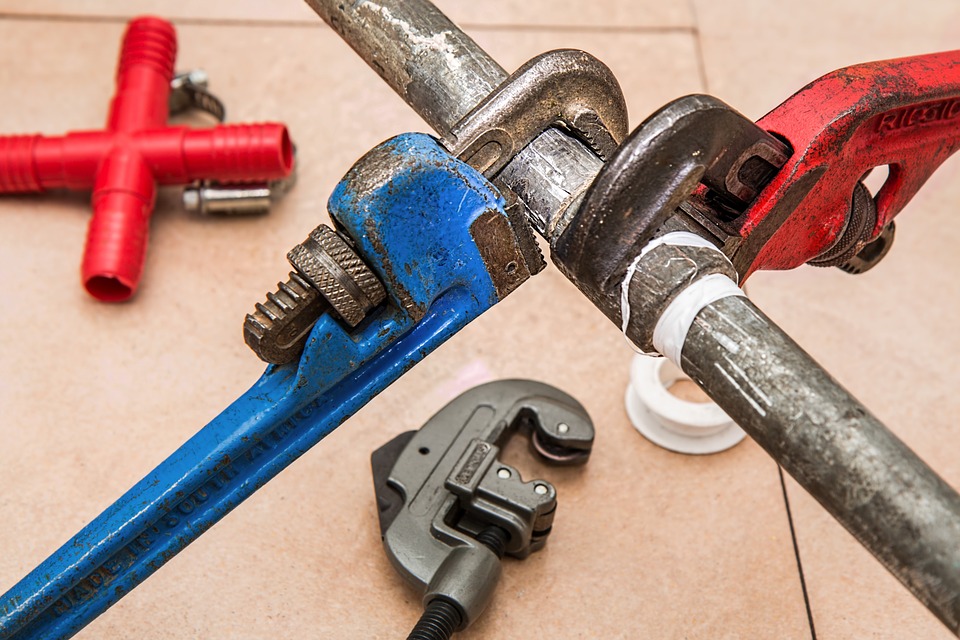


If there’s one thing pool heat pumps are known for, it’s being durable and reliable. But that doesn’t mean invincible.
Just like a car, whether luxury or economy, a pool heat pump needs regular maintenance to stay at peak performance. And this is true for any pool heater, as no heater is immune to natural wear & tear.
But not all heat pump manufacturers can provide the support pool owners need to maintain their heaters and keep
them healthy. And moreover, not all heat pumps are easy to find parts for. Especially, when they get discontinued.
This is why choosing a manufacturer with a reputation for great customer service, and access to replacement parts is recommended.
Every pool heater needs regular maintenance to last long — from simple part replacements to cleanings. Which is why in most cases, having access to reliable service & parts is the difference between your heater lasting 15 years versus five.
Related: 7 Ways Pool Heater Maintenance Saves You Money
Easy to use controls & automation compatibility
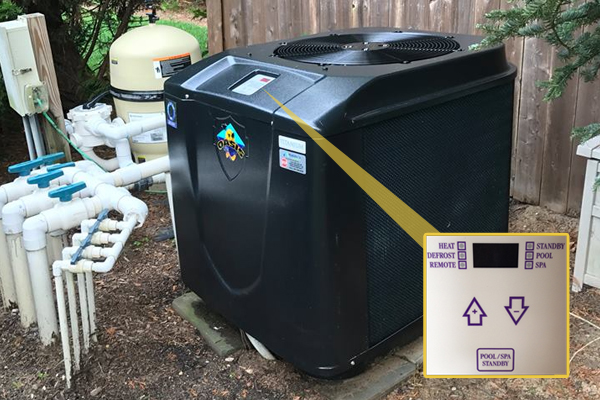


A good heat pump with a poor user experience is nothing but trouble. Because if you can’t figure out how to adjust the temperature in a few seconds, then you’re probably going to have plenty of other headaches with it too. Just imagine what it’ll be like if you get an error code.
Ideally, you should be able to easily adjust or set your pool’s target temperature with the press of a button. Anything more complicated than that is the result of bad design.
Look for heat pump models that feature a clear, LED/LCD screen and user-friendly control panel. If it has that, then there’s just one other thing to look out for: automation compatibility.
This feature let’s you automatically run your heater with the help of a mechanical timer, or automation system. With automation, you never have to worry about coming home to a cold pool because you forgot to run the heater the night before — the automation system keeps your water flowing and heated for you.
Pool Heat Pump Comparison Chart
| Brand | BTU | CPU | Breaker Size | Flow Rate | Voltage | Heat Exchanger | Compressor | Automation Compatibility |
|---|---|---|---|---|---|---|---|---|
| Oasis UltraQuiet 130 | 121k | 6.3 | 43 amps | 20-70 GPM | 208-230 | Titanium | Scroll | Yes |
| Hayward Titanium HeatPro | 110k | 5.8 | 50 amps | 30-75 GPM | 230 | Titanium | Scroll | Yes |
| AquaCal HeatWave H120 | 110K | 5.7 | 39 amps | 30-70 GPM | 208-230 | Titanium | Scroll | Yes |
| Pentair ThermaFlo 900 | 117K | 4.4 | 70 amps | 30-125 GPM | 230 | Titanium | Scroll | Yes |
If you liked this post, you might also like:

